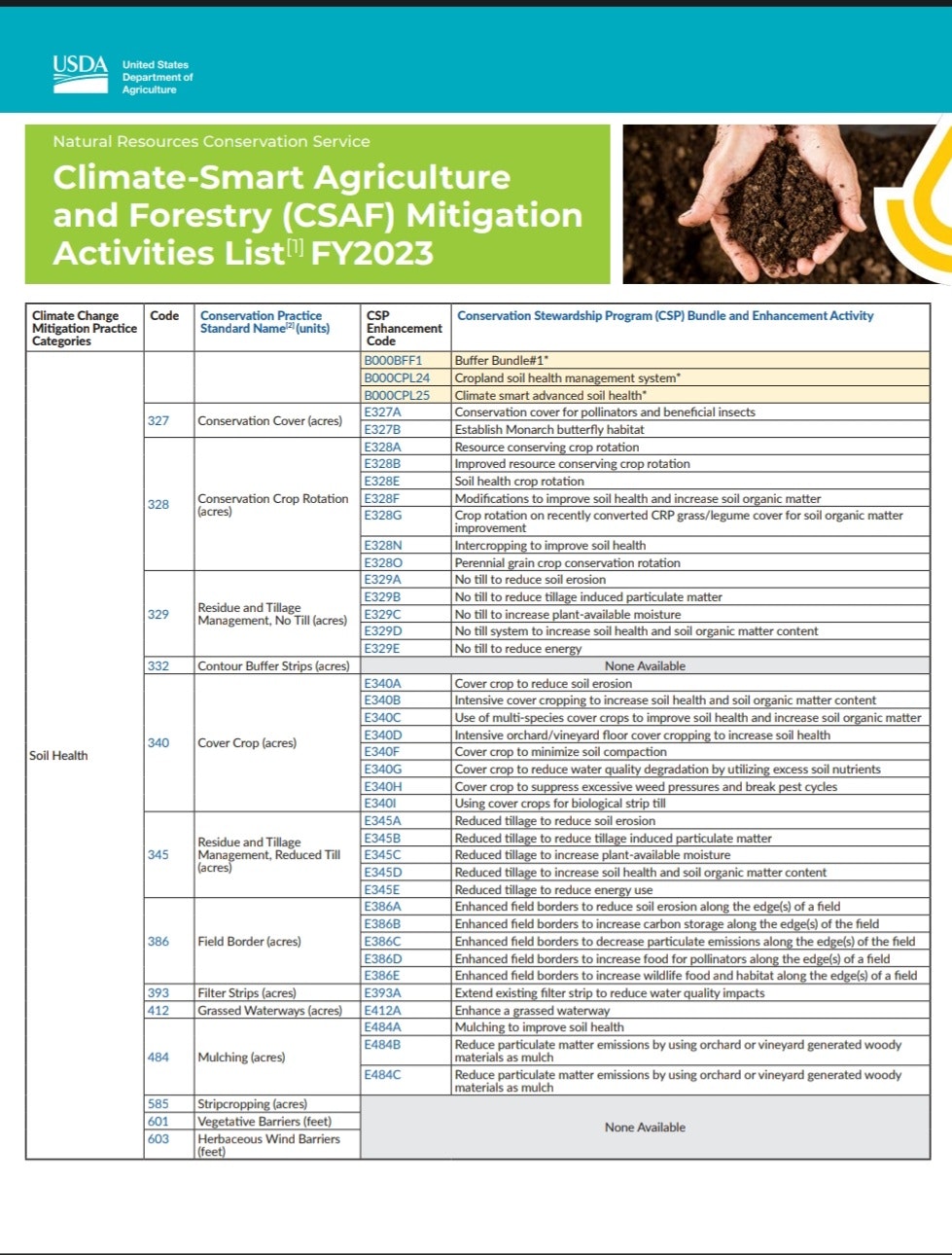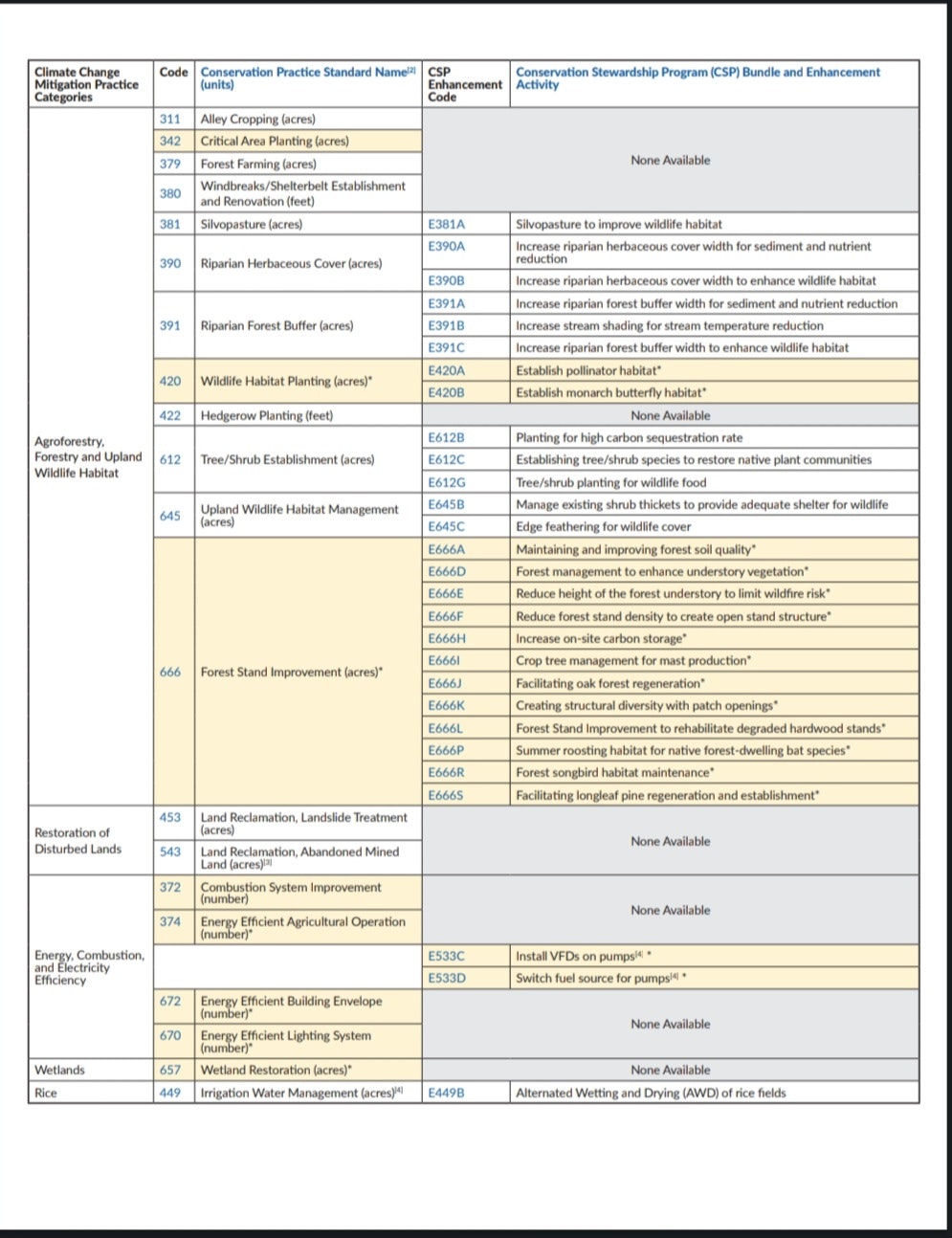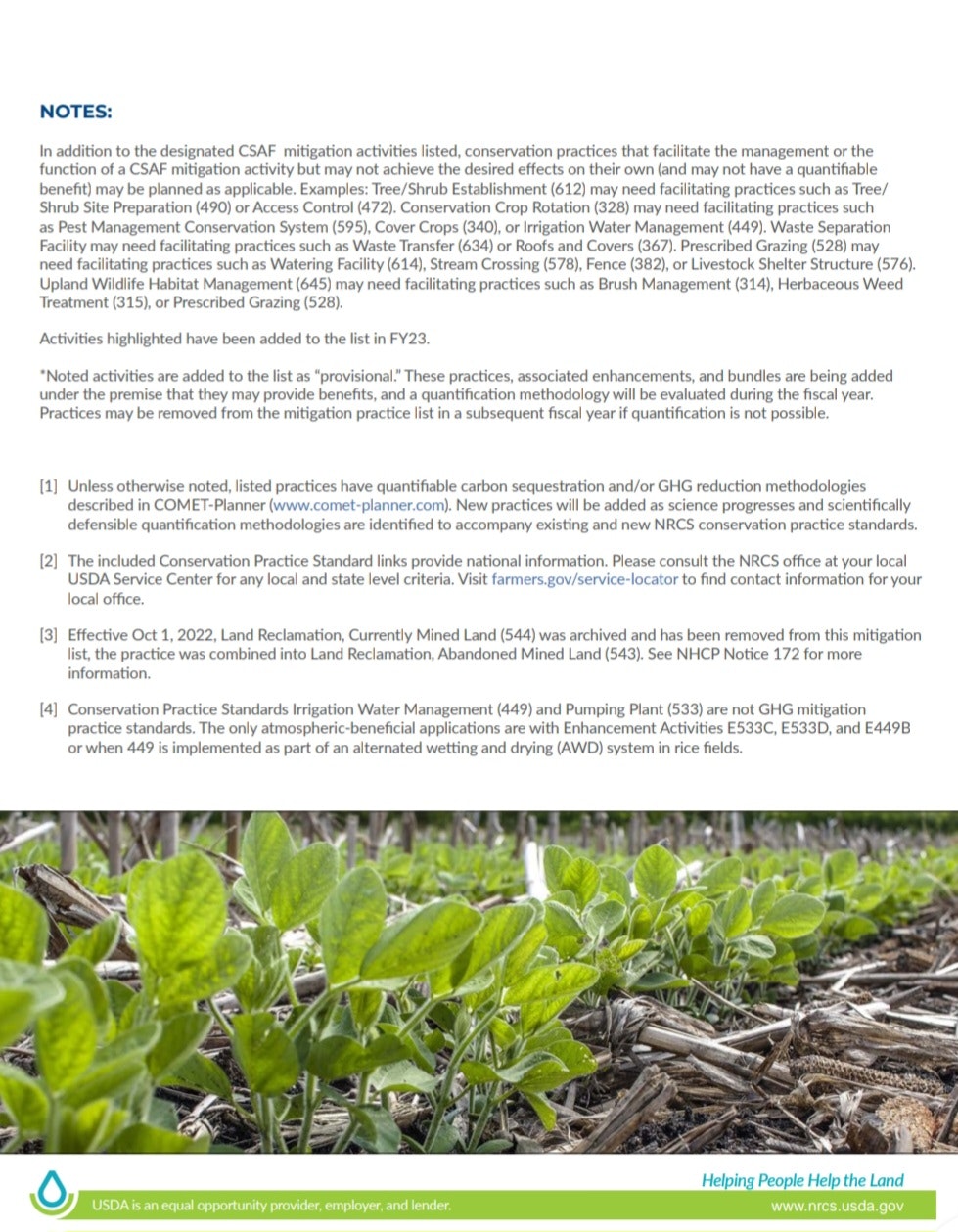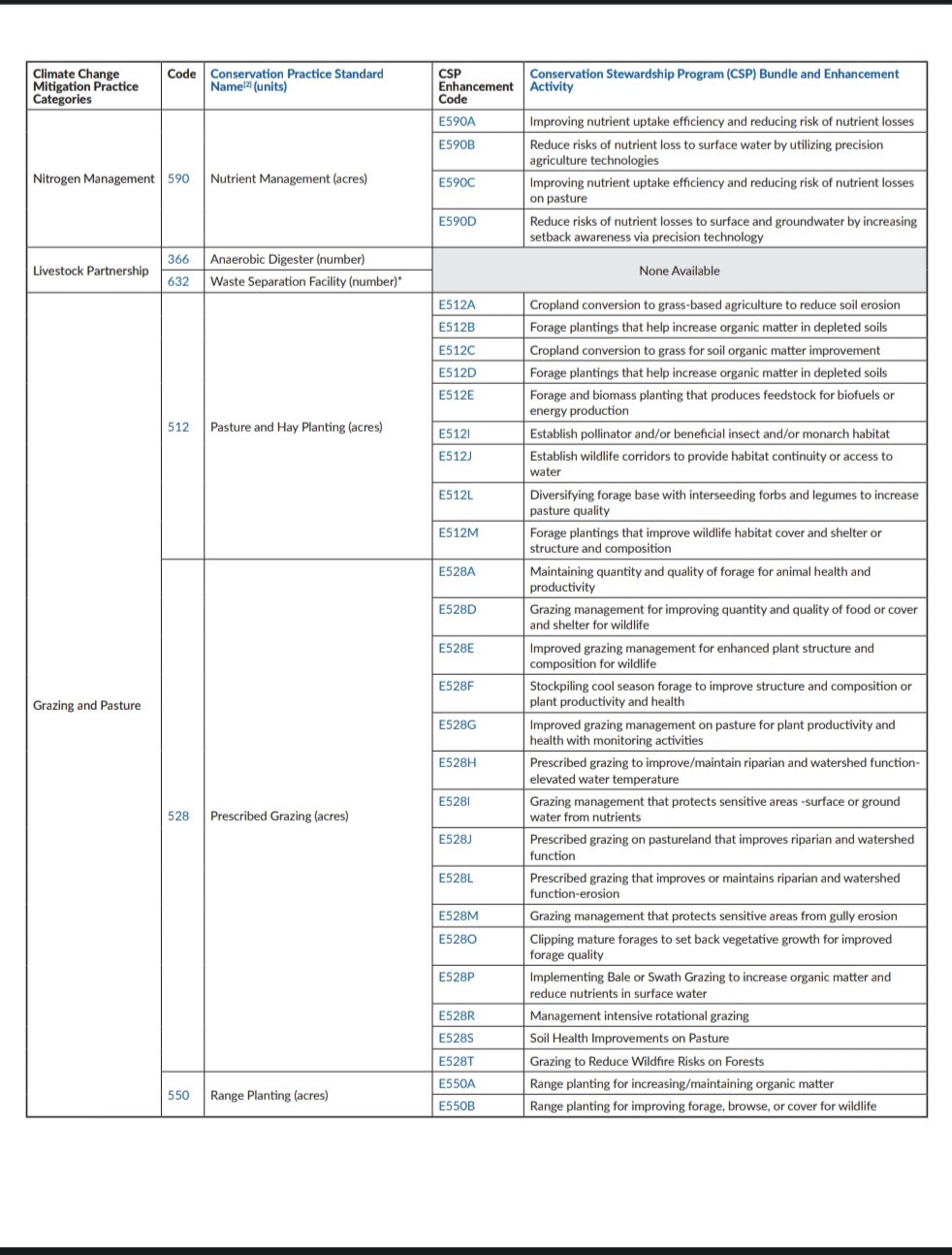Championing Sustainable Land Management and Conservation
The Natural Resource Conservation Service (NRCS) stands as a testament to the United States' commitment to sustainable land management and conservation. With roots dating back to the Dust Bowl era, the NRCS has evolved to address the multifaceted challenges of modern agriculture, land degradation, and climate change. As we navigate the complexities of the 21st century, the NRCS's dedication to ensuring sustainable land use, promoting conservation practices, and fostering resilient ecosystems remains unwavering.
History of the NRCS:
Etablished in 1935 as the Soil Conservation Service (SCS), the NRCS was born out of a dire need to address the severe soil erosion caused by the Dust Bowl. Over the decades, its mandate expanded to encompass water quality, wildlife habitats, and broader ecological concerns. Renamed the Natural Resource Conservation Service in 1994, the agency has consistently championed the cause of conservation, working hand-in-hand with farmers, ranchers, and forest landowners to implement sustainable land management practices.
NRCS Programs that can be applied in Bennington County
Conservation Stewardship Program (CSP):
The CSP is designed to reward agricultural producers and landowners for maintaining high standards of conservation and for adopting further sustainable practices. It offers both technical and financial assistance to ensure that land remains productive and sustainable.
-Impact:
Through CSP, thousands of acres of land have been managed sustainably, ensuring soil health, water quality, and wildlife habitats are preserved.
Why It Matters:
In an era of rapid environmental change, sustainable land management is crucial. CSP ensures that agricultural practices align with conservation goals, leading to a win-win situation for both producers and the environment.
Environmental Quality Incentives Program (EQIP):
EQIP provides financial and technical assistance to agricultural producers, helping them address natural resource concerns and deliver environmental benefits such as improved water and air quality, conserved ground and surface water, and enhanced wildlife habitats.
Impact:
EQIP has facilitated the implementation of conservation practices on millions of acres, leading to tangible environmental benefits and sustainable agricultural practices.
Why It Matters:
Balancing agricultural productivity with environmental conservation is a challenge. EQIP bridges this gap, ensuring that agricultural practices are both productive and environmentally friendly.
Emergency Watershed Protection Program (EWPP):
The EWPP is designed to help communities address watershed impairments that pose imminent threats to lives and properties. It offers both technical assistance and funding to restore the watershed.
-Impact:
Through EWPP, numerous communities have been safeguarded against natural disasters and watershed impairments, ensuring the safety of both residents and the environment.
-Why It Matters:
Natural disasters and watershed impairments can have devastating effects on communities. EWPP ensures that communities are resilient and can bounce back after such events.
Climate-Smart Agriculture and Forestry (CSAF) Mitigation Activities:
The CSAF initiative is NRCS's response to the challenges posed by climate change. It promotes practices that sequester carbon, reduce greenhouse gas emissions, and ensure sustainable land use.
Impact:
Through CSAF, agricultural and forestry practices have been realigned to address the challenges of climate change, leading to reduced carbon footprints and enhanced land resilience.
Why It Matters:
Climate change is the defining challenge of our era. CSAF ensures that agriculture and forestry are part of the solution, not the problem.
The Natural Resource Conservation Service, with its rich history and forward-looking initiatives, stands at the forefront of conservation efforts in the United States. Its programs, rooted in science and community engagement, ensure that the land we depend on is managed sustainably and resiliently. As stakeholders in the future of our environment, it is imperative that we understand, support, and champion the efforts of the NRCS. Their work not only ensures the health of our land but also paves the way for a sustainable and resilient future for all.









